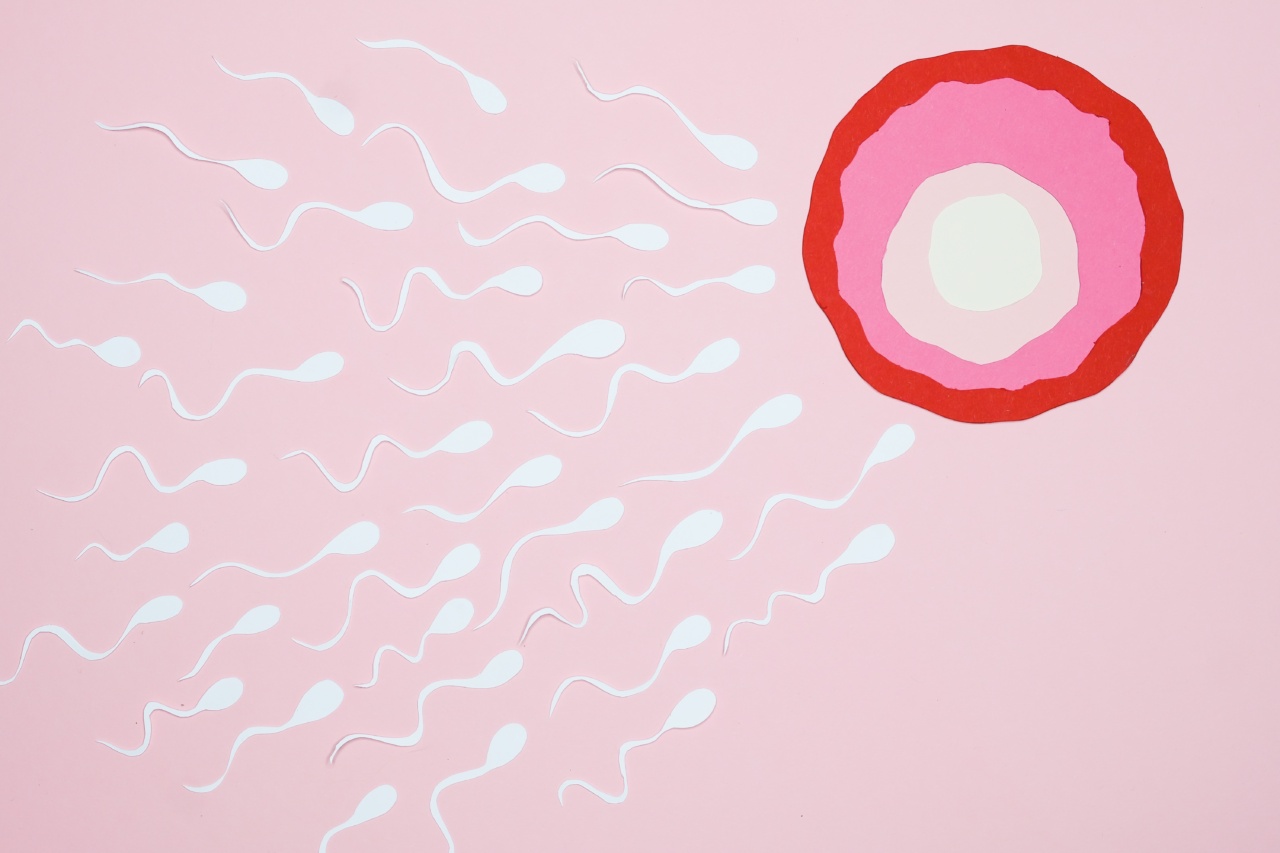When it comes to fertility and conception, there are a lot of myths and misconceptions out there. From old wives’ tales to internet rumors, it can be hard to know what to believe.
Here, we’ll take a look at some of the most common fertility and conception myths and give you the truth behind them.
Myth #1: You Can Only Get Pregnant on the Day of Ovulation
Many people believe that you can only get pregnant on the day of ovulation, but this isn’t true.
Sperm can survive in the female reproductive tract for up to five days, meaning that if you have sex up to five days before ovulation, it’s still possible to get pregnant.
Myth #2: You Can’t Get Pregnant While on Your Period
While it’s less likely, it is possible to get pregnant while on your period. Sperm can survive for several days in the female reproductive tract, and if you have a shorter menstrual cycle, you may ovulate soon after your period ends.
Myth #3: Lying Down After Sex Helps You Get Pregnant
Many people believe that lying down after sex can help the sperm swim up to the egg, but there’s no evidence to support this.
In fact, there’s no need to lie down after sex at all, as sperm travel quickly through the cervix regardless of your position.
Myth #4: Infertility is Always Caused by the Woman
Infertility can be caused by a variety of factors, both in men and women. In fact, about one-third of infertility cases are caused by male factors, and another one-third are caused by female factors.
The remaining cases are either caused by a combination of factors or are unexplained.
Myth #5: You Can’t Get Pregnant While Breastfeeding
While breastfeeding can suppress ovulation, it’s not a reliable method of birth control. If you’re breastfeeding and not using another form of birth control, there’s still a chance you could get pregnant.
Myth #6: Stress Causes Infertility
While stress can affect your overall health, there’s no evidence to suggest that it directly causes infertility. However, infertility can be a stressful experience, so it’s important to take care of your mental health during this time.
Myth #7: Fertility Treatments Always Work
While fertility treatments can improve your chances of getting pregnant, they don’t always work. Success rates vary depending on the type of treatment and individual factors, such as age and underlying health conditions.
Myth #8: You Should Wait to Seek Help for Infertility
If you’ve been trying to conceive for a year without success (or six months if you’re over 35), it’s a good idea to seek help from a fertility specialist.
Early intervention can improve your chances of success and help identify any underlying issues.
Myth #9: Fertility is Only a Women’s Issue
Fertility is a concern for both men and women. In fact, male factors are responsible for about one-third of infertility cases, and another one-third are caused by female factors. The remaining cases are a combination of factors or are unexplained.
Myth #10: Fertility is Determined by Age Alone
While age is a factor in fertility, it’s not the only one. Other factors, such as underlying health conditions and lifestyle habits, can also affect your fertility.
It’s important to take care of your overall health to improve your chances of conceiving.






























